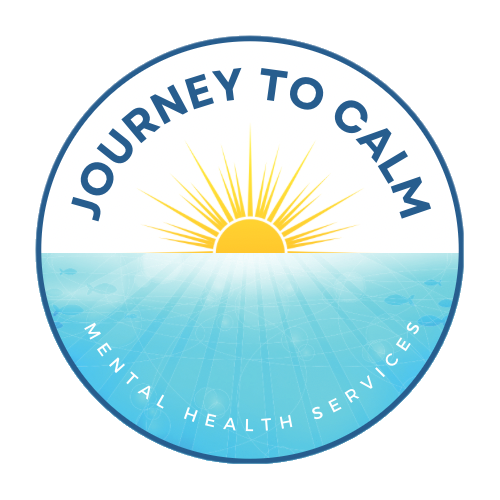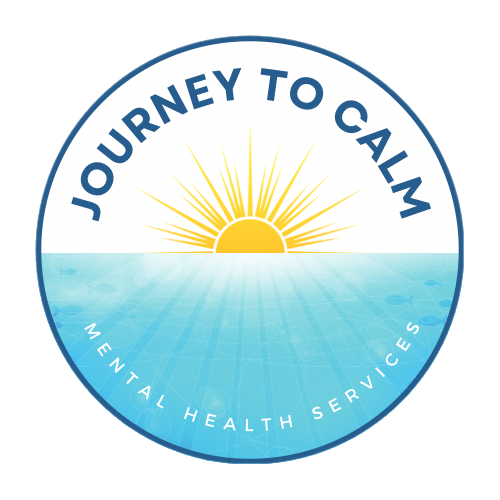Blog
Blog

11 Ways Reading Can Improve Your Health
Reading can be a fun and enjoyable activity, but did you know it has many health benefits? In this post I will be talking about 11 health benefits of reading.
1. Reading Can Reduce Stress
Reading has been proven to reduce stress levels in multiple studies. One study found that reading reduced stress by a massive 68% (Source *1).
2. Reading Can Lower Heart Rate and Blood Pressure
Reading a book can help slow us down and stop us rushing about. When we are calmer and more relaxed, our heart rate slows and our blood pressure lowers. This is due primarily to the reduction in cortisol (a stress hormone), and an increase in dopamine (a calming chemical our brain releases when relaxed).
3. Source of Self-Help Information
Self help books can be a really good way of improving your mental health. There are many out there on the market. You can look up the specific area you need help with and there will be lots to choose from. Check the reviews to see which people have got on with the best to work out which is likely to be a good fit for you.
4. Reading Can Improve Brain Function
Reading can improve a persons brain function. Researchers have found through using MRI scans, that reading a novel improves connectivity within the brain (Source *2).
5. Reading Can Prevents Memory Loss
Reading regularly can prevent memory loss. Keeping the brain active can reduce your chance of developing Alzheimer’s. There was a study (source *3) that amazingly found that older people who read on a regular basis were 2.5 times less likely to develop Alzheimer’s, a form of Dementia.
6. Reading Can Improve Sleep
In a 2019 study (source *4), 42% of people in the reading group (versus a non-reading group) reported improved sleep during the trial, which involved them reading for 15-30 minutes before trying to sleep.
7. Learning New Skills Through Reading Can Improve Mood
Learning a new skill or hobby has been proven to lower stress, improve mood and decrease stress levels. Reading a book on the things that interest you can inspire you to try new things and therefore can help improve your general mental health.
8. Reading Can Help Development of Empathy
Reading fiction books can help develop empathy according to a study in 2006 (Source *5). It also showed an improvement in social skills.
9. Reading Can Encourage Socialising
Reading can encourage socialising through book clubs, libraries and online groups. Think of Harry Potter for example. Many people come together to share their joy for the book, both in person and online. It has brought many people together, as have other popular books.
10. Reading Can Make You Happy!
Reading can be a fun activity to do. There’s nothing quite like getting into a really good book and enjoying it so much that you want to know what happens, but at the same time you don’t want it to end!
11. Mindful Escapism!
Reading can provide us with a form of escapism as fictional books take your mind into another world. As somebody who talks about mindfulness a lot, this might sound like an odd one but there’s nothing wrong with stepping into the world of a good book and enjoying it. Just be mindful of your environment at the same time. You might like reading outside for example, and you can still be enjoying your book whilst noticing the breeze and the things around you.
Conclusion
What you decide to read is up to you. Go with what makes you happiest. Perhaps even experiment with some different genres. Both fiction and non-fiction books have benefits in different ways so whichever is your preferred type of book, try and make time to do some reading when you can to improve your health.

Sources:
*1 Galaxy Stress Research, 2009, David Lewis, Mindlab International, Sussex University
*2 Short and Long-Term Effects of a Novel on Connectivity in the Brain, 2013, Mary Ann Liebert, Inc
*4 Does reading a book in bed make a difference to sleep in comparison to not reading a book in bed? The People’s Trial – an online, pragmatic, randomised trial. 2021 Dec 4;22(1):873. doi: 10.1186/s13063-021-05831-3. PMID: 34996514; PMCID: PMC8740874. Finucane E, O’Brien A, Treweek S, Newell J, Das K, Chapman S, Wicks P, Galvin S, Healy P, Biesty L, Gillies K, Noel-Storr A, Gardner H, O’Reilly MF, Devane D.
*5 Bookworms versus nerds: Exposure to fiction versus non-fiction, divergent associations with social ability, and the stimulation of fictional social worlds, 2006. Raymond A. Mar, Keith Oatley, Jacob Hirsh, Jennifer dela Paz, Jordan B Peterson. University of Toronto. Journal of Research in Personality 40 (2006) 694-712

